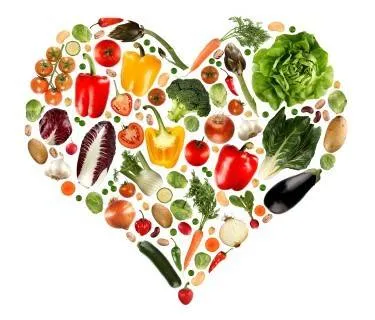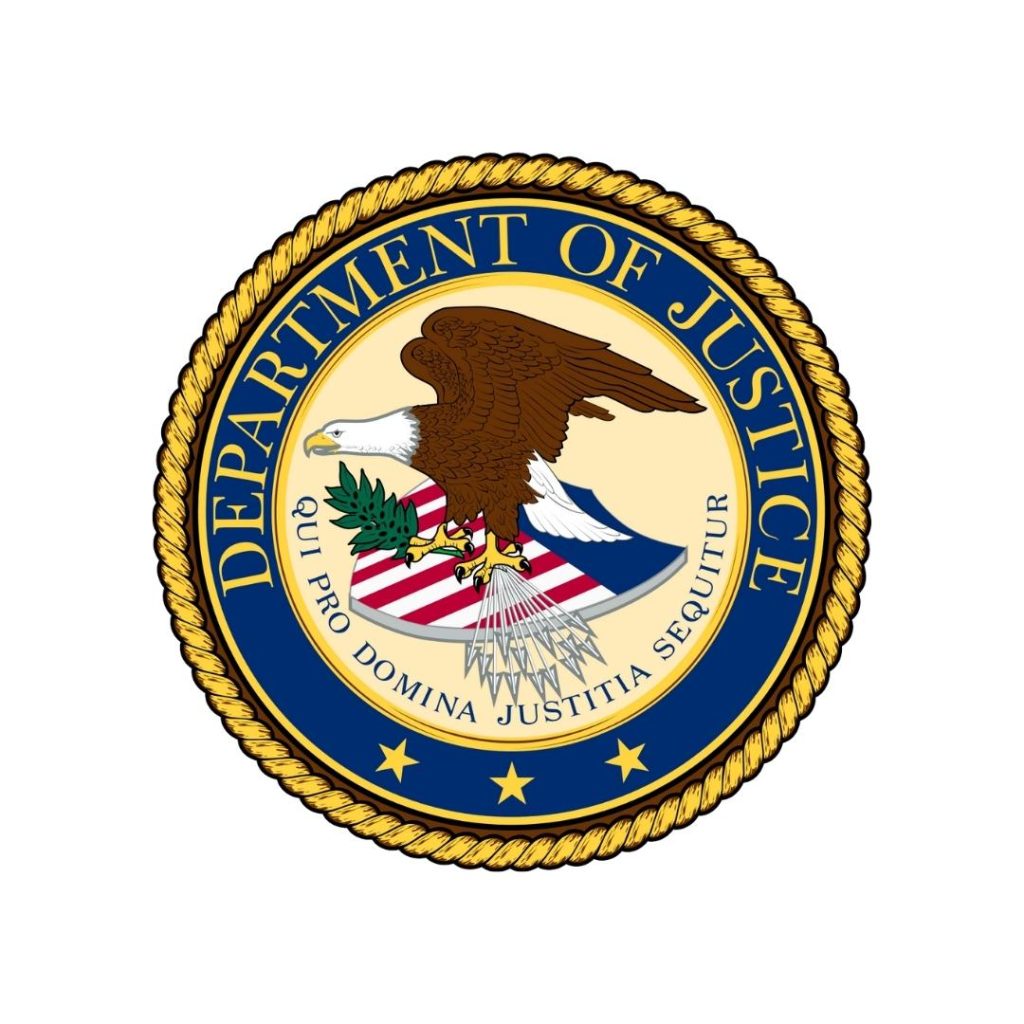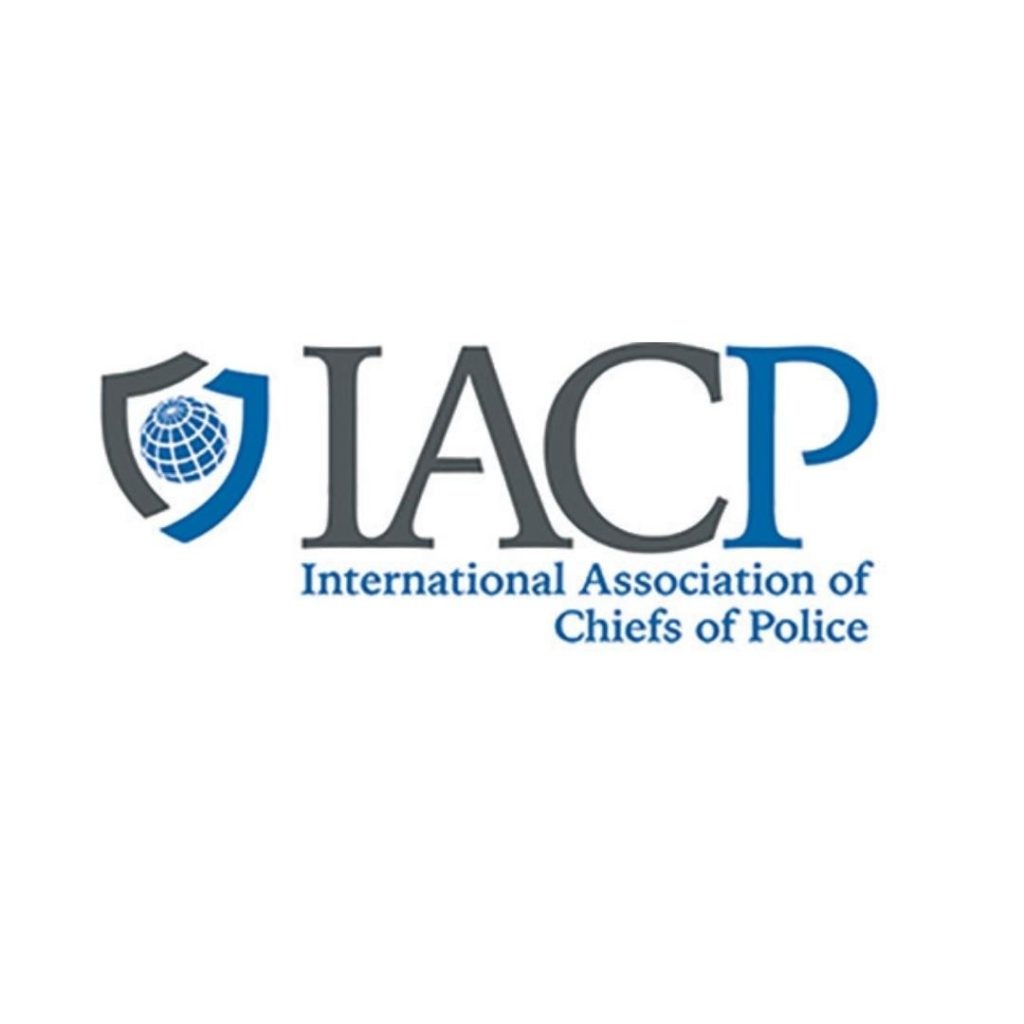This is not a tale of warmth, hearth and home fit for a food blog. It is not a preference for a gentle cookbook or an intro to a trendy recipe site.
It is, however, a true story from my heart. It’s about how kitchens saved me.
My extensive culinary background has as much varied history as I do. When I was eight years old, I clearly recall a particularly nasty and drunken argument between my biological parents that turned physical. Dinner was being prepared, and it suddenly stopped. My mother declared she’d “…never cook for this f**king family again,” and we weren’t worth it.
She stood by exactly what she said. While it’s true she’d never cook again, she begrudgingly did so on rare occasion for me. Otherwise, it was frozen meals, cereal, or a bag of stale pretzels dipped in peanut butter. As my much older half-siblings left the place I grew up, I was required to assist in the kitchen. My mother’s rare sober nights were occasionally for cooking. I helped willingly, despite the emotional cost of living in a terrifying household, I found food preparation comforting. Dear mother, when inclined to do so, wasn’t bad at it. Her ire, mental conditions and focus wasn’t on me, and that was likely the appeal. I wouldn’t say she and I bonded the times I worked alongside her, my first chef (as crazy as they come), but I did learn.
A few months after her grand declaration of independence, I managed to cook my first full meal unassisted: two over-easy eggs, toast, and cubed potatoes. They were good. I handled the knives, range, pans, timing and execution well considering I could barely peer over my work surfaces.
Apparently I did very well, and it was noticed. Praise, support and acknowledgment was unheard of: I did such an astonishing job at such a young age, that from that point on, I was told I was on my own to prepare food for myself. Her “…job as a mother was finished.” There was always a caveat or a price to pay for a job well done.
This was commonplace. I understand I most likely wasn’t the easiest child to raise. Doctors didn’t understand why I had trouble speaking early on, rolled around instead of learning to crawl as an infant, and later I had endless social and school problems. My constant need for information and reassurance wasn’t simply a result of neglect and mistreatment, but no one knew this at the time. Even the basic care I required simply being any human child was often cited as my fault, and thus, my responsibility. Unbeknownst to anyone, it wasn’t a chronic inner ear infection as doctors had assumed: it was autism.
The push and urge to force me to learn, and grow up, and ultimately get out of the way was relentless. All my parents wanted was to be unburdened, and it was my fault they were always angry: at least this is what I was told. When I failed, I was a highlighted as a shithead. When I did well, it was seen as one step closer to the day I wouldn’t be a burden. The one place in the house I always felt okay was the kitchen.
Cooking became a fixation of mine. Tastes, smells and something kinder—it reminded me of TV shows and movies where families ate together and laughed. My family didn’t have cable television, but I do remember faces on old reruns of Julia Child and Jacques Pepín: my first instructors. I pined over old cookbooks I found hiding about as much as I did encyclopedias. I would always take the opportunity to taste everything, and I learned quickly what flavors and textures I liked and the techniques to get them perfect for me. In hindsight, it was a healthy escape, one I am grateful for.
In adolescence, I was forced out of the family and even onto the streets. Things had gotten much worse, to which no one was surprised, least of all, me. This meant dropping out of school. Even then, I managed to take my skills, and this love for cooking, along with me for this chapter of life. I was not prepared for the shadowy life I embarked upon, but I adapted and even learned new things with unconventional equipment. Old train hoppers taught me what to do with a shopping cart fire for grilling stolen meat; elder street kids showed me how to combine random dumpster-dived food into not only palatable but delicious meals. I even got a few quick jobs making bistro fare and pizzas.
I still loved to cook. It made me stand out, perhaps even protecting me. I may have been an invisible, unwanted and troubled teen with no clue if I’d survive the weekend: but I didn’t starve—and I didn’t die.
A few years later, I found myself needing to get back to civilization, my long, urban camping adventure and rail-hopping days had to come to an end. I was tired , stressed, and too many close calls got to me. Before, I didn’t much care if I lived or died, but something told me a change was necessary. I ended up tensely reconciling with my biological father, sleeping where I could between his place, derelict couches and flop houses with new acquaintances. When it came to meals, I almost never ate with my father. It was those filthy kitchens with mismatched ingredients, sinks piled high with moldy dishes and vermin running about I felt needed me. There was more love there. In exchange for space and food, I’d clean these kitchens and make meals. Not for just myself, but for all involved. I was celebrated for this. Love and acceptance: through food.
Of course, this story wouldn’t be complete without mentioning, yes, I did make a years-long career out of cooking. My first real job was working in a retirement community kitchen. Commercial kitchens are exciting, difficult, hot and raucous environments. The pay is low and the hours long. Not one a late-diagnosed autistic person would seem to fit into, but I did. I fit in. I managed to survive, once again.
Looking back, the best meals I recall were never intended to be much. To this day, I can remember more about what I made in makeshift kitchens, on filthy, broken stoves, under duress and bridges, and in strange places. They meant more to me than making meals even under great chefs and in good restaurants. Yes, I was good at what I did. Truly good. Something was often missing, however, despite knowing my rent was paid.
Cooking to me was, and is love, perhaps the first and oldest version of self-love and shared love I learned. It made me not only find acceptance, but feel love in return—or at the very least, a tense peace for but a moment or two. Even when chaos seemed to be the main ingredient.
There were dark times, sad times when I stopped the learning, the passion and cooking the way I’d done before. Commercial kitchens are rarely places of growth, favoring efficiency and repetition. Toxic relationships, bad friends, and fickle family can turn a heart cold for the warmest of intrinsic gifts. Appreciation, I discovered, is sadly defined very differently between people.
Food is life, food is family: more than I can describe, and with it, I can gain a little control over my own. I can fuss and prepare, give it to others, be it for an evening, or years to come. People come and go, treat others great and poorly, but nothing can take what I created in that moment and diminish it. Memories are made through our stomachs, good and bad. Cooking gave me a purpose and a way to fit in, a structure and method for my unique brain; it taught me about the world, gave me work and helped me establish myself as a real human being many times over. Even now, culinary application serves as a language, a demonstration of my intent in this world. To make the best of everything: and food gave me inspiration.
Today, things are different. The struggles and challenges may have changed, but the grounding I find while preparing wonderful dishes is intrinsic to my life.
The love I create through food, whether alone or for 1,000, was never fueled by loving encouragement, tradition, or training. Like me, it bloomed from necessity.
The best food I’ve made came from the core of me, from a passion to always explore—and to never give up.














